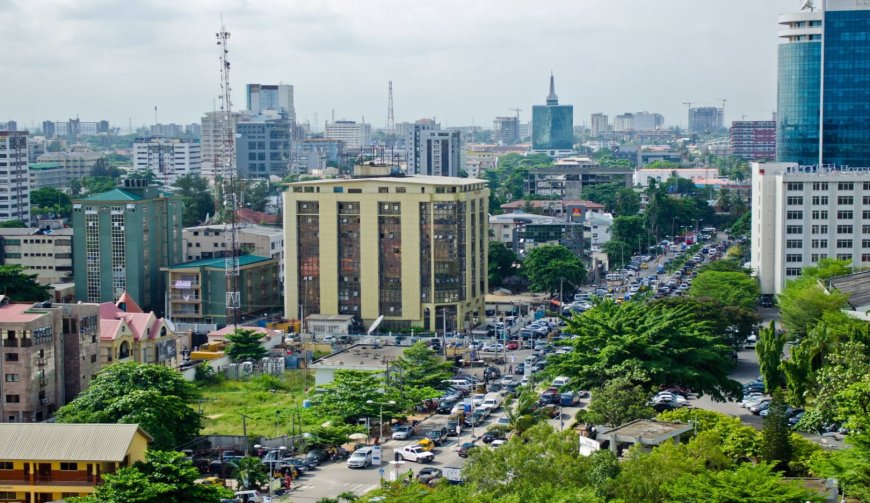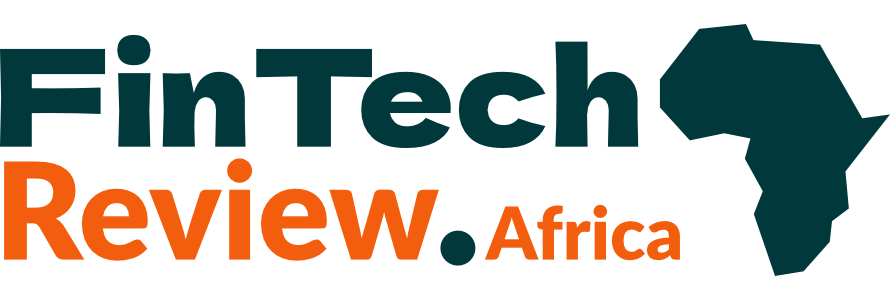DeFi in Africa, 2025: Promise, Pressure, and the Push for Practicality

At a youth tech summit in Kampala earlier this year, 23-year-old software developer Lillian Mbabazi pitched her startup idea: a peer-to-peer DeFi platform that allows farmers to tokenize future harvests and raise micro-capital from investors across Africa. The judges nodded — impressed not just by the concept, but by the fact that DeFi in Africa is no longer a novelty. It’s becoming a movement.
But 2025 is a turning point. While Decentralized Finance (DeFi) is still hailed as a potential leapfrog for the unbanked and underbanked, it now faces new scrutiny: from regulators, users burned by volatility, and even some of its earliest champions.
1. From Speculation to Utility
DeFi in Africa is maturing. What began as an extension of global crypto speculation in 2020–2022 has slowly evolved into use-case-driven experimentation, tailored to African realities. Startups like Grassroots DeFi in Nigeria and Kotani Pay in Kenya are developing blockchain-based lending systems that rely on mobile numbers rather than crypto wallets — bridging the DeFi gap for users without formal bank accounts or high-end smartphones.
“We’re trying to decouple DeFi from its dependence on speculation,” says Bayo Onitiri, co-founder of Grassroots DeFi. “It’s about utility now — savings, remittances, credit — not just chasing tokens.”
2. Stablecoins and De-Pegging Risks
Stablecoins remain the backbone of DeFi activity in Africa, particularly U.S. dollar-pegged tokens like USDT and USDC. In economies facing currency instability — such as Sudan, Zimbabwe, or Nigeria — stablecoins offer a lifeline. But 2025 has also seen growing anxiety over de-pegging events and regulatory crackdowns in the U.S. that ripple into African markets.
A mini-crisis in March saw users in Tanzania lose access to their USDC-based savings when a major DeFi platform froze withdrawals amid a liquidity crunch.
“DeFi without guarantees is a hard sell,” warns Regina Moyo, a blockchain educator based in Harare. “People want sovereignty over money — but they also want safety.”
3. Regulatory Ambiguity: A Double-Edged Sword
Most African governments still lack clear policy frameworks for DeFi, creating a paradox: a low-barrier innovation environment paired with high legal uncertainty. Countries like South Africa and Mauritius have made progress with crypto asset regulation, but many others remain silent or contradictory.
This ambiguity fuels innovation — but also risk. In Nigeria, despite the central bank’s continued caution on crypto, DeFi platforms have found loopholes using mobile payment rails and offshore partnerships.
“Regulators don’t know whether to license us as fintechs, securities dealers, or something else entirely,” says a founder of a Ghana-based DeFi exchange, requesting anonymity. “That uncertainty scares away serious investors.”
4. On-Chain Identity and Trust Issues
Trust remains a major barrier. In low-trust economies where digital fraud is common, DeFi’s pseudonymous nature can be both a strength and a liability. In 2025, platforms are experimenting with on-chain identity systems — linking user behavior, credit scores, and even social proof to wallet addresses — all while preserving privacy.
Startups like Mazzuma in Ghana and Shamba Network in East Africa are integrating DeFi tools with local ID systems, attempting to balance transparency with access.
“Anonymity is good until it protects scammers,” says Tunde Bakare, a DeFi security consultant. “Africa needs ‘trust-first’ DeFi design.”
5. Education, Not Just Access
Perhaps the most consistent theme in 2025 is education as infrastructure. A 2024 Pan-African Blockchain Survey revealed that over 70% of potential DeFi users lacked basic understanding of gas fees, private keys, or smart contract risk. In response, dozens of African crypto communities — from Uganda’s BitHub Africa to Senegal’s DakarChain — are running DeFi literacy bootcamps, many in local languages.
“No matter how decentralized the system is, ignorance centralizes the risk,” says Farida Touré, a crypto educator in Côte d’Ivoire.
What’s Next: Local Chains, Real-World Assets, and ‘Afro-DeFi’
Looking ahead, African developers are increasingly building localized Layer-2 solutions and experimenting with real-world asset tokenization — from carbon credits to crops. A growing movement is calling for “Afro-DeFi”: not just DeFi transplanted from Silicon Valley, but finance protocols rooted in African economic behavior — such as group lending (chamas), rotating savings, and informal credit associations.
The promise of DeFi in Africa remains bold — but 2025 has taught its believers to blend vision with vigilance.

 Francis
Francis 





